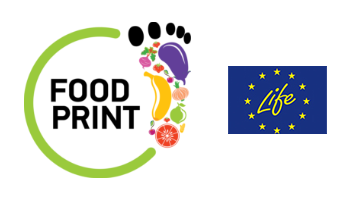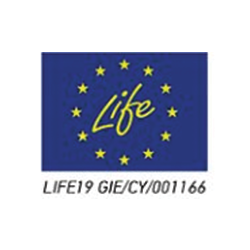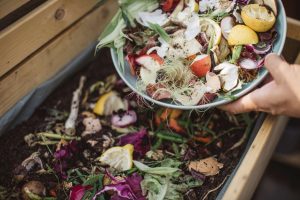Restaurant food in the garbage, due to non-consumption

Federation of Employers and Industrialists survey finds rampant food waste in restaurants, hospitality and food services
At a time when the planet is reeling from starvation and millions of people are dying because they have no access to food, huge food waste in the restaurant sector has been identified by a specialised survey conducted by the Federation of Employers & Industrialists (FEC). The survey, which focused around gathering information on food wastage and documenting the challenges in managing it in hospitality, catering, food service and food service businesses, finds that there is significant wastage of food such as fish – 70% is thrown away, fruit and vegetables (50%), bakery products (45%).
Life – “FOODPrint”
The OEB survey was conducted during the period December 2020 – January 2021 via an online/internet questionnaire. This is part of a wider, multi-level survey as part of the Life – “FOODPrint” programme, which aims to reduce food waste. It is a campaign funded by the European Union’s Life programme and coincides with the implementation of Cyprus’ strategy to achieve the broader environmental goals for sustainable management and drastic reduction of municipal waste by 2030.
The OEB’s survey of businesses aimed to identify challenges, recommend measures to reduce food waste and good practices for the use of organic waste. The survey showed that businesses understand the definition of organic waste and the materials that can be composted.
The survey
The survey showed that in the hospitality, catering and food service businesses that participated in the survey:
– 70% of the fish plate portion is thrown away.
– 55% of the seafood (molluscs/shells/crabs) portion of the plate is discarded.
– Of the fruit & vegetables, 50% is not consumed.
– 45% of the portion of baked goods is not consumed.
– 40% of starchy foods end up in the garbage.
– 37% of the meat portion of the dish is thrown away.
– 33% of the portion of dairy products is not consumed.
– 25% of the portion of nuts is not consumed.
– 3% of meals prepared for breakfast are thrown away.
– 1% of meals prepared for lunch are thrown away.
The businesses that participated in the survey believe that food waste can be reduced by focusing on the following stages of food storage, preparation and consumption: during food preparation, during the storage of supplies (appropriate refrigerators, ordering method), by making customers aware of the need to order smaller quantities and by better and higher quality recycling of food waste.
Take away is only proposed by 6%
With regard to the management of food not consumed by the customer, unfortunately only 6% of businesses offer the customer a takeaway package. 30% of businesses only give takeaway food if the customer requests it and finally, about one in two businesses (47%) never give leftover food to the customer.
Say no to food waste
Food waste is an ethical, economic and environmental issue that should be of concern to everyone with the aim of reducing or even eliminating it.
In particular, decision-makers involved in the food chain are required to contribute to preventing and reducing food waste. The action plan should start with producers, but it must culminate with those who make food available for consumption (hoteliers, restaurants, retailers, etc.), with the ultimate aim of consumers and each of us individually joining forces to strengthen the sustainability of the food system, save money and make it available to those who need it most.
At work, restaurants and hotels
It is better at work, or on outings, to choose to buy a smaller plate and refill it if needed, rather than ordering a large portion and having it end up in the trash.
Ask the buffet e.g. at the canteen at work to serve us the correct portion of food if, for example, we are not very hungry.
Take the leftover food with us.
It is worth mentioning that the partnership of the “FoodPrint” campaign, with the slogan “No more food waste”, consists of the “Zeus” Group, the OEB, the Department of Environment, “Friends of the Earth” and the environmental consultants “Parponas – Sustainability” and the communication consultants “Opinion and Action”.


